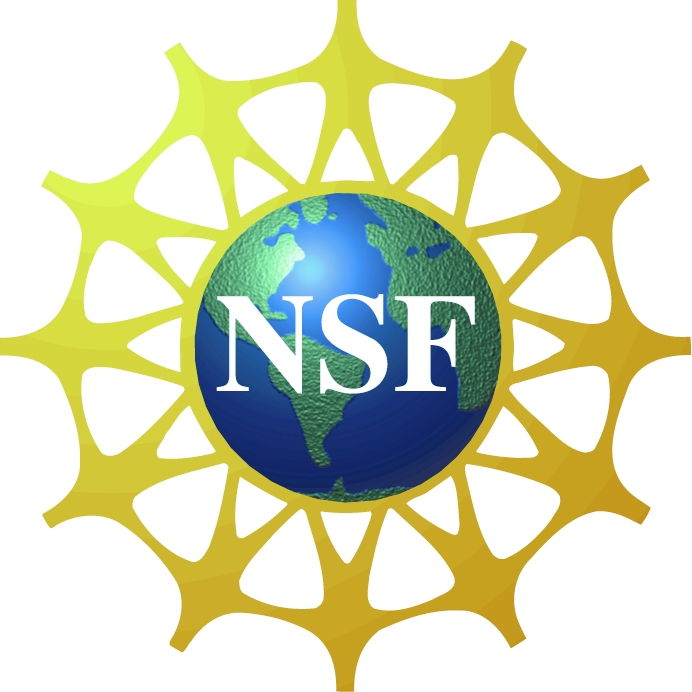NSF Grants DUE 1821189 and DUE 1821247:
Project Summary
Overview:
Gamification is increasingly attracting the interest of educators due to its promise to foster motivation and behavioral changes in learning contexts. Two major barriers hinder the growth of gamified courses: lack of sound evidence of the effectiveness of gamification and lack of appropriate tools to support course gamification. The increasing use of gamified learning requires a more systematic study to validate existing evidence and provide guidance for further exploration. The empirical studies proposed in this project target effects of individual elements and combinations thereof, and the relationships between gamification design and psychological need satisfaction (as in Self Determination Theory). The project also aims to gather evidence about the motivational value of some game elements that have not been widely studied. The primary goal of this proposal is to generate empirical evidence for the efficacy and appropriateness of using various game mechanics to improve student motivation, engagement, and academic performance. The studies will be guided by Self Determination Theory and focus on STEM disciplines. Studies will use a highly configurable educational gamification platform, OneUp Learning, previously developed by members of the project team. The platform will be extended by adding new game elements for strengthening the platform’s social dimension and supporting better game element coverage in the studies. New gamified course content will be developed through two approaches: directly by the project team and through crowdsourcing. To spread the projected studies and increase gamified learning content, we plan to solicit active community participation through workshops, stipends, crowdsourcing, etc. These targets lead to the following three main objectives:
- Objective 1: Empirical studies on the application of gamification in different learning contexts
- Objective 2: Software development: extension of the course gamification platform OneUp.
- Objective 3: Content development for gamifying STEM courses.
Intellectual Merit:
The empirical studies in educational gamification lack coherence in the research goals and theoretical foundations, and consistency in the reported results. The intellectual merit of this project stems directly from the detailed, theory-based study of the effectiveness of individual game elements and combinations thereof. The collected systematic empirical evidence will advance knowledge and understanding of educational gamification and its impact on student motivation, engagement, and academic performance. The results of the study of the relation between gamification and Self Determination Theory will fill a critical gap in the understanding of the motivational factors attributed to gamification and its potential for driving student learning. Better theoretical foundations will lead to better designs of gamified learning environments and to more replicable and sustainable gamification practices.
Broader Impacts:
This project will impact the design of gamification systems applicable to a variety of learning contexts and STEM disciplines. The research findings can also impact the design of future general learning management systems (LMS). The broader impact will be addressed both by including underrepresented students in the study and by broad dissemination to faculty in a variety of educational institutions. WSSU is an HBCU and is in communication with other HBCUs and able to invite those groups to participate in the workshops and the expansion of experiments. Though not an HBCU, Villanova is committed to enhancing diversity in their student population and to meeting the special needs of all their students. The partnership of the two institutions will allow the project to explore the impact of gamification elements on different ethnic groups. This insight will be important for other institutions with similar goals of doing what is best for enhancing the learning experiences of a diverse set of students.
The material in this site is based upon work supported by the National Science Foundation under Grants DUE 1821189 and DUE 1821247. Any opinions, findings, and conclusions or recommendations expressed in this material are those of the author(s) and do not necessarily reflect the views of the National Science Foundation.

